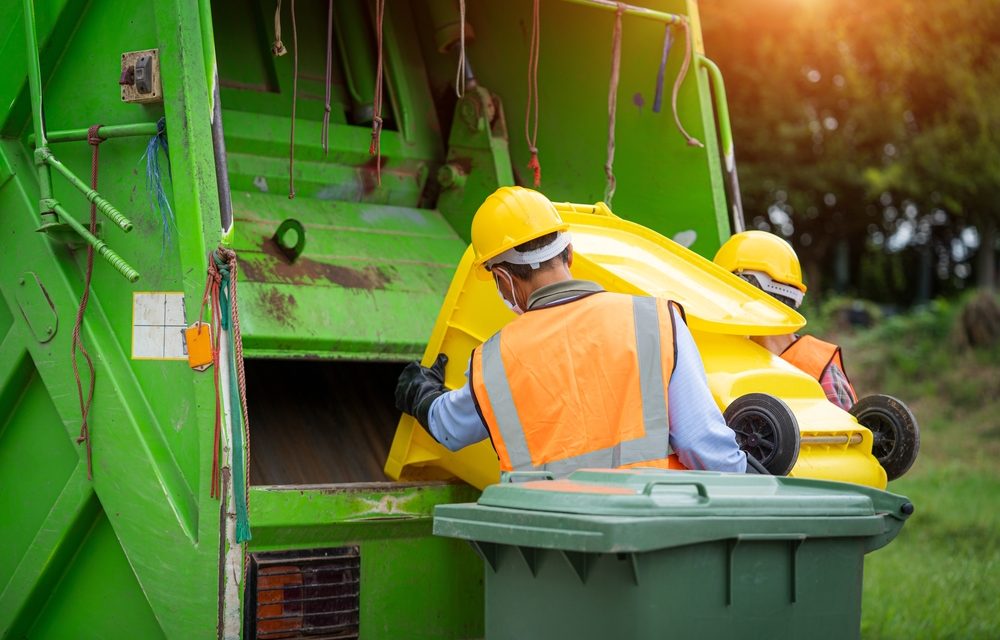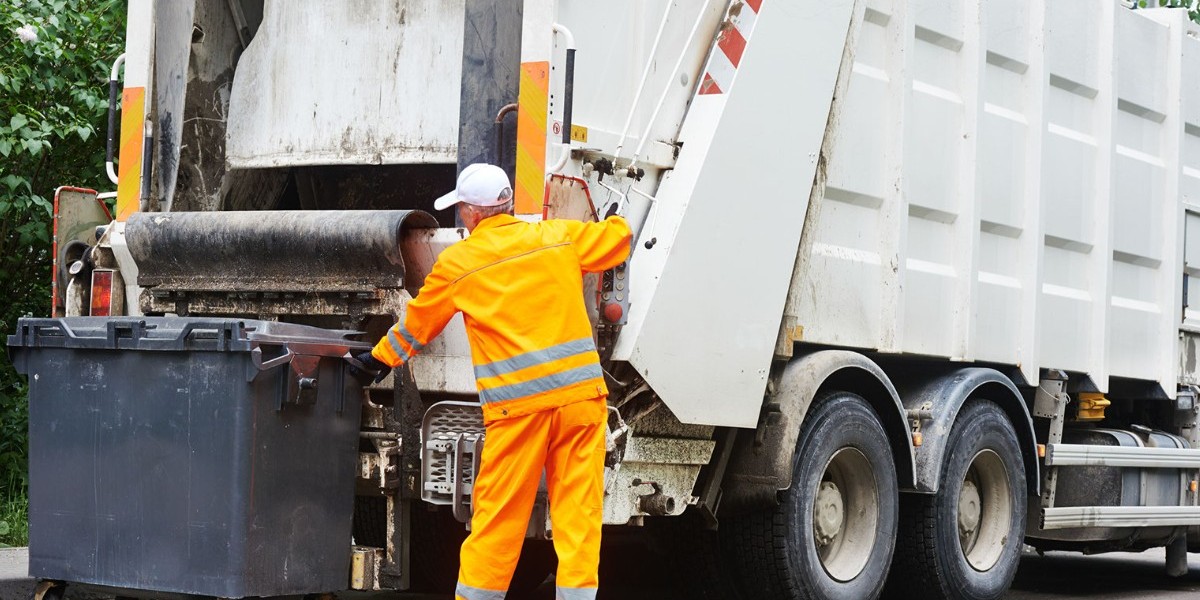Recycling plays a crucial role in environmental conservation by reducing waste, conserving natural resources, and lowering energy consumption. With waste recycling solutions becoming a key part of waste management, their significance cannot be overstated. Let’s dive into how waste recycling solutions benefit our planet and pave the way for a more sustainable future.
Reducing Landfill Waste
One of the most immediate environmental benefits of recycling is the reduction of waste sent to landfills. By using waste recycling solutions, we can repurpose materials like paper, metal, and plastic, keeping them out of landfills. This reduces the strain on landfill capacity, preventing them from becoming overfilled and decreasing the harmful effects of landfills, such as methane emissions.

Conserving Natural Resources
Recycling helps conserve our planet’s precious natural resources. Instead of extracting new raw materials from the earth, waste recycling solutions allow us to reuse existing materials. For example, recycling paper saves trees, while recycling metals and plastics reduces the need for mining and oil extraction, both of which have environmental costs.
Saving Energy and Reducing Emissions
Recycling not only reduces waste but also helps save energy. Producing new products from raw materials requires significant amounts of energy. However, recycling typically uses less energy. Waste recycling solutions are essential for lowering energy consumption and reducing carbon emissions. For instance, recycling aluminum uses up to 95% less energy than producing new aluminum from bauxite, which helps mitigate climate change.
Creating a Circular Economy
A circular economy is one where products are reused, recycled, and repurposed instead of discarded. Waste recycling solutions play a key role in promoting a circular economy, where waste is minimized, and the life cycle of products is extended. This reduces the need for new resources and fosters a sustainable approach to consumption.
Preventing Pollution
Recycling helps to reduce pollution by reprocessing materials that would otherwise end up in landfills or as litter in the environment. Proper waste management & recycling solutions ensure that valuable materials are recycled correctly, preventing the harmful effects of waste burning, illegal dumping, and contamination of air, water, and soil.
Supporting Sustainable Development
Adopting waste recycling solutions helps drive sustainability by reducing reliance on virgin resources and promoting responsible consumption and production. This approach supports the United Nations’ Sustainable Development Goals, ensuring that future generations inherit a cleaner and more sustainable planet.

Conclusion
Effective waste recycling solutions are essential for creating a sustainable future. By reducing landfill waste, conserving resources, saving energy, and minimizing pollution, recycling contributes to a greener, more eco-friendly world. As we continue to implement and improve these solutions, we take significant steps toward a circular economy, environmental protection, and sustainability for future generations.
FAQs
Why is recycling important in sustainable development?
Recycling is crucial for sustainable development as it conserves natural resources, reduces pollution, and minimizes waste. By integrating waste recycling solutions, we can reduce our reliance on raw materials, promote resource efficiency, and decrease environmental harm, contributing to a more sustainable future.
How can recycling improve sustainability?
Recycling improves sustainability by reducing the need for new raw materials, cutting down energy consumption, and decreasing waste that would otherwise end up in landfills. Waste recycling solutions promote a circular economy, where products are reused and recycled, creating a more sustainable and efficient system for managing resources.
How is waste recycling sustainable?
Waste recycling is sustainable because it repurposes materials that would otherwise be discarded, reducing the demand for new raw resources. By utilizing waste recycling solutions, we minimize waste, lower carbon emissions, and conserve natural resources, all while supporting environmental sustainability.
Why is recycling good for the future?
Recycling is essential for the future because it helps conserve resources, reduces pollution, and mitigates the impacts of climate change. Through waste recycling solutions, we create a more sustainable system where waste is minimized, natural resources are protected, and future generations can thrive in a cleaner, healthier environment.









